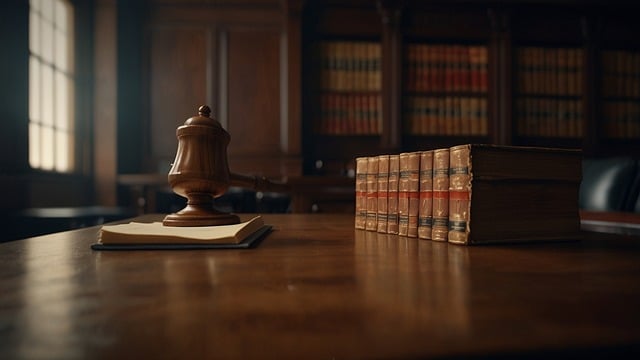The legal system in Mauritius is a hybrid system that combines elements of both civil law and common law traditions, reflecting its historical influences from both French and British rule.
Key Features of the Mauritian Legal System
- Civil Law Influence
- French Code Napoléon: The civil law framework in Mauritius is primarily based on the French Code Napoléon. This influence is evident in areas such as family law, contract law, and property law.
- Civil Code: The Mauritian Civil Code closely mirrors the French Civil Code and governs most private law matters, including obligations, property, and succession.
- Common Law Influence
- British Legal Principles: The common law elements in Mauritius originate from British rule, which introduced English legal principles and procedures. This is particularly noticeable in criminal law, administrative law, and certain commercial laws.
- Judicial System: The judicial system and court procedures are heavily influenced by the British common law system. Mauritius follows an adversarial system of justice, similar to that of the UK.
- Judicial Hierarchy
- Supreme Court: The highest court in Mauritius, which has unlimited jurisdiction in both civil and criminal matters. It includes the Court of Civil Appeal and the Court of Criminal Appeal.
- Intermediate and District Courts: These courts handle less serious civil and criminal cases. The Intermediate Court deals with matters that are not within the jurisdiction of the District Courts.
- Courts of Special Jurisdiction: These include the Family Division, Industrial Court, and the Commercial Court, which handle specific types of cases.
- Legislation and Legal Sources
- Acts of Parliament: Primary legislation is enacted by the National Assembly of Mauritius.
- Regulations and Orders: Secondary legislation includes regulations, orders, and by-laws made by various governmental authorities.
- Judicial Precedents: Decisions made by higher courts are binding on lower courts, following the doctrine of stare decisis (precedent).
- Human Rights and Constitutional Law
- Constitution: The Constitution of Mauritius is the supreme law of the land and guarantees fundamental rights and freedoms to individuals. It provides for the separation of powers, ensuring the independence of the judiciary.
- Human Rights: Mauritius has a strong commitment to upholding human rights, with various mechanisms in place to protect these rights, including an independent judiciary and active civil society organizations.
Sources
These sources provide a comprehensive understanding of the legal system in Mauritius, highlighting its hybrid nature and the influences of both civil and common law traditions.



